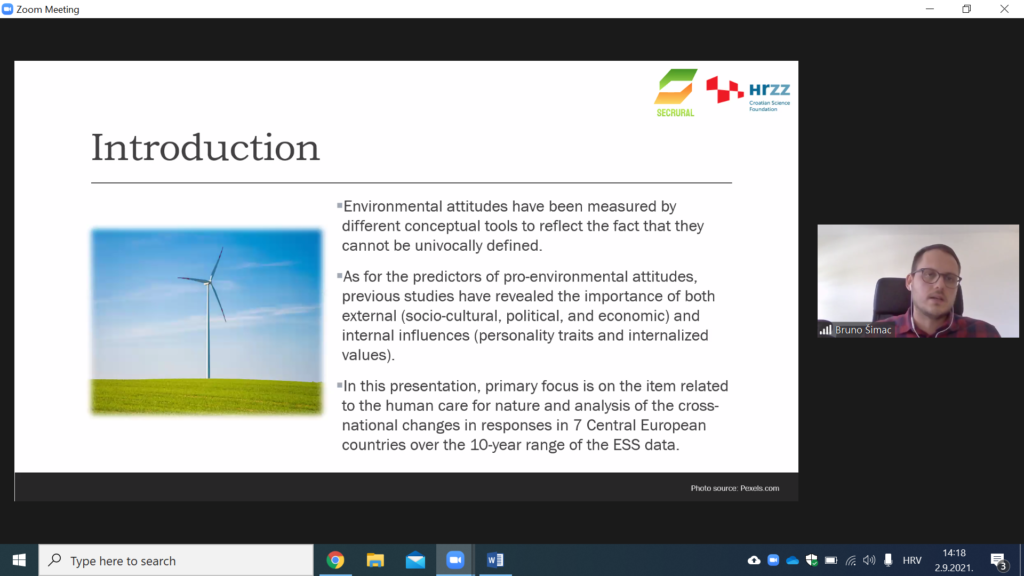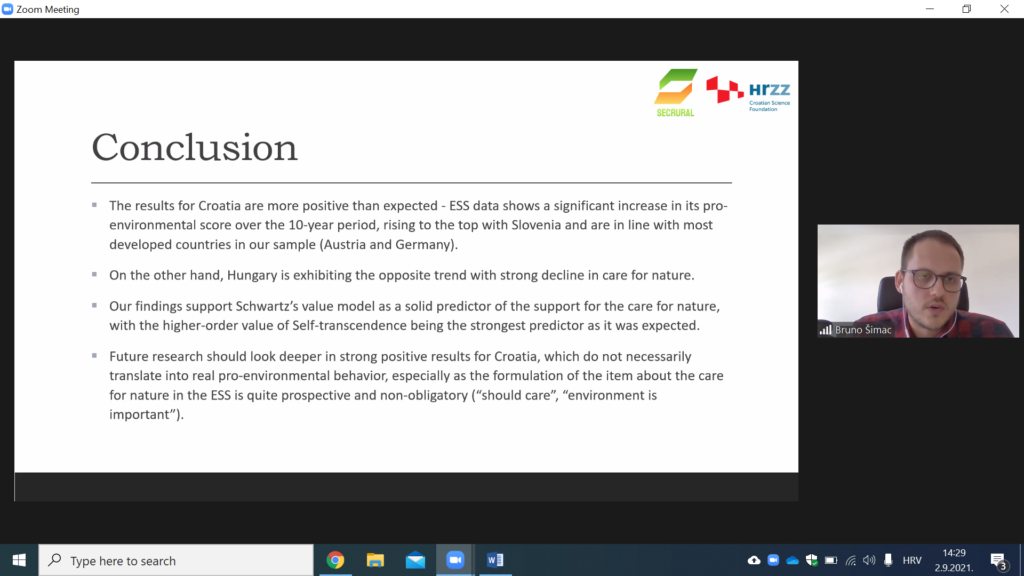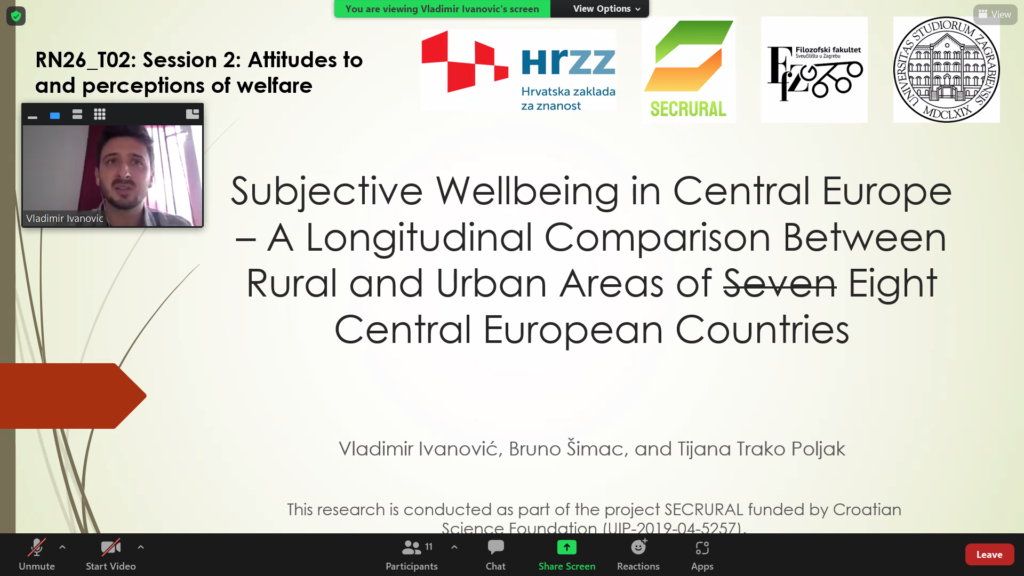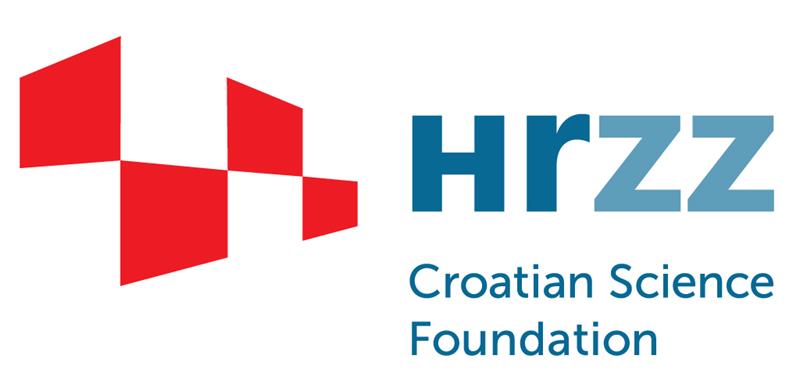https://www.europeansociology.org/about-esa-2021-barcelona-online/programme





Title
Subjective Wellbeing in Central Europe – A Longitudinal Comparison Between Rural and Urban Areas of Eight Central European Countries
Authors
Ivanović, Vladimir ; Šimac Bruno ; Trako Poljak, Tijana
Congress
15th ESA Conference 2021- Sociological knowledges for alternative future
Place and date
Barcelona, Spain, 31.08-03.09.2021.
Keywords
subjective wellbeing, flourishing index, rural areas, Central Europe, European Social Survey
Abstract
This paper relies on European Social Survey (ESS) data to measure, analyse and compare subjective wellbeing in urban and rural areas of eight Central European countries (Austria, Croatia, Czech Republic, Germany, Hungary, Poland, Slovenia, and Slovakia) during the ten- year period between ESS Round 4 (2008) and Round 9 (2018). The present study is aimed at examining the differences in subjective wellbeing between urban and rural residents in Central Europe, as well as determinants behind one’ subjective wellbeing. Based on available ESS items we have chosen to construct a more concise version of the VanderWeele et al.’s Flourishing Index (FI) named ‘Subjective Wellbeing Index’ (SWI). The chosen domains of flourishing that are featured in SWI are: (1) happiness and life satisfaction, (2) mental and physical health and (3) financial and material stability. SWI is a measuring instrument of satisfactory reliability which measures a single phenomenon. Results indicate that in almost all countries in 2008 the urban respondents have higher perceived subjective wellbeing, while in 2018 there is a shift in favour of rural respondents or there is no difference in most countries. Furthermore, regardless of their settlement type, respondents show higher subjective wellbeing in 2018 than 2008. Lastly, our findings suggested that, regardless of one’s residential location, subjective wellbeing is strongly related to higher satisfaction with government services, higher trust in other people and younger age groups.


